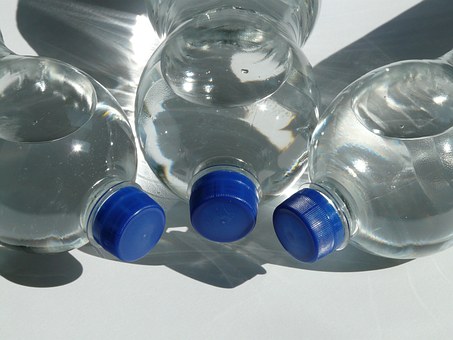How to Limit Effects of Bisphenol-a Upon Children

Bisphenol A (BPA) is an organic chemical used widely in plastic packaging. It uses including water bottles, baby bottles, dental fillings and sealants, dental devices, medical devices, eyeglass lenses, DVDs and CDs, household electronic and sports equipment. BPA can also be found in epoxy resins which is used as coatings inside food and drinks cans.
Evidence has mounted over the years that this chemical is detrimental to the body's biochemistry. Once BPA is in our bodies, it imitates hormones such as estrogen and becomes an "endocrine disruptor" and may fool the body by stimulating reactions that are unnecessary and potentially harmful. In the past, public health authorities have considered BPA to be safe based upon what they assumed to be safe levels. However, many recent studies have indicated that these safety levels no longer reflect the reality. What follows are some tips on how to limit the effects of this harmful chemical on your children:
Find products that are BPA-free. It isn't as hard as it once was. Many brands of bottles, sippy cups, and other tableware prominently advertise that they are BPA-free.
Look for infant formula that is BPA-free. Many brands no longer contain BPA in the can. If a brand does have BPA in the lining, some experts recommend powdered formula over liquid. Liquid is more likely to absorb BPA from the lining. (Better still, breastfeed! Learn more here).
Choose non-plastic containers for food. Containers made of glass, porcelain, or stainless steel do not contain BPA.
Do not heat plastic that could contain BPA. Never use plastic in the microwave, since heat can cause BPA to leach out. For the same reason, never pour boiling water into a plastic bottle when making formula. Hand-wash plastic bottles, cups, and plates.
Throw out any plastic products -- like bottles or sippy cups -- that are chipped or cracked. They can harbor germs. If they also have BPA, it's more likely to leach into food.
Use fewer canned foods and more fresh or frozen. Many canned foods still contain BPA in their linings.
Avoid plastics with a 3 or a 7 recycle code on the bottom. These plastics might contain BPA. Other types of numbered plastic are much less likely to have BPA in them. Adapted from (here)
Link to this article: Show: HTML Link • Full Link • Short Link
Share or Bookmark this page: You will need to have an account with the selected service in order to post links or bookmark this page.





|
Related Articles:
- How to Limit Effects of Bisphenol-a Upon Children
- The Harmful Effects of Bisphenol-A on the Body and Its Biochemistry
- Harmful Chemical Used in Plastic Drinks Bottles Found to Leach into Humans
- Studies Reveal Packaging Chemicals May Linger in Body and Are Linked to Infertility
You must be registered and logged in to comment.
Most Popular
Latest Articles
Popular Subjects
Health, fitness and longevity
Based upon the principles of health
in the Qur'an and Prophetic Traditions.
HealthyMuslim.Com
There are two bounties in which
most people lose out: good health
and free time. Al-Bukhari.
























